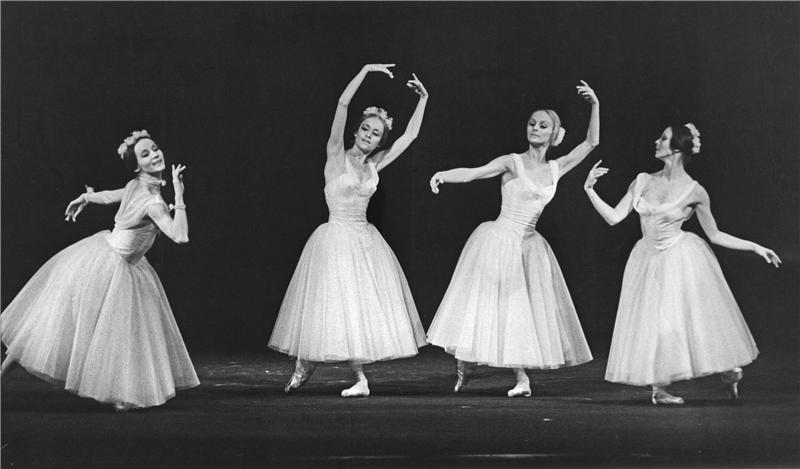They are golden diggers, which is one of the most prevalent stereotypes of Russian ladies. It may be popular in the west to think that Russian ladies just care about money, but this is essentially unfounded. Russian people are strong and independent, that much is true. Additionally, they put in a lot of effort and want to build successful careers. They are not stupid, though, and they recognize the value of a strong bond with their lover. They seek out males who are materially sound and have a well-thought-out plan meet russian women for the future.
However, stereotypes of Russian ladies continue to exist, particularly in Hollywood. For instance, the 2019 movie Red Sparrow, in which Jennifer Lawrence plays a Kgb provocateur who spends her youth being slapped around by men before engaging 20 of them in handhttps://books.google.fr/books?id=6l7WCsWb9sYC&pg=PA155&lpg=PA155&dq=why+women+so+perfect&source=bl&ots=kBnXyKA–t&sig=ACfU3U2u2M6jFvDaiAv3gnR7x6s0H252yQ&hl=en-to-hand fight in 1990s Moscow, is unrepresentative of Russian background or contemporary career. It supports the notion that Russian ladies are unreliable and unsafe, which harms Russia’s reputation worldwide.
According to Russian chairman Daria Zhukova,” Red Sparrow” is not about Russian women as they actually are. It’s about the contorted view of what it means to be a lady in Russia, mainly a Russian lady”.
The fact that Russia’s democratic technique makes it extremely challenging for women to participate in open living is a more severe issue. While guys have no such worries, females who participate in public protests or run for office run the risk of being arrested. Additionally, because it only permits women to choose industries that are deemed “female” by the state, the government’s coverage of occupational segregation limits professional opportunities for women. This restricts their options and impedes interpersonal justice.
The Western internet frequently emphasizes unfavorable components of Russian women’s culture and way of life, such as fraud and violence, which is another cause why they are frequently misunderstood. Foreigners therefore think of the nation as a gloomy and frightening spot. Given how friendly and polite most Russians are, this is unfair.
It’s critical to increase public awareness of Russian society and its beneficial aspects in order to combat these preconceptions. Occasions, the media, and discussions with those who are aware of it can all be used to accomplish this. Additionally, it’s crucial to meet and speak from locals who have experienced the same thing. This was the purpose of the roundtable, which gathered more than 70 participants from around the earth, with roughly 60 % of them based in Russia, and was held at the Unesco in St. Petersburg. A candid discussion was ensured by adherence to the Chatham House Rule, while more casual conversations were possible thanks to Zoom messages and comeback suites. Each conversation was opened with introductory remarks from four kickoff lecturers and three Russian academics and practitioners, followed by an available debate. Respondents were able to contrast Russian and Western viewpoints, promote first-hand views, and create new connections between academics studying Russian children’s issues and those who actively engage with them locally thanks to this file.
